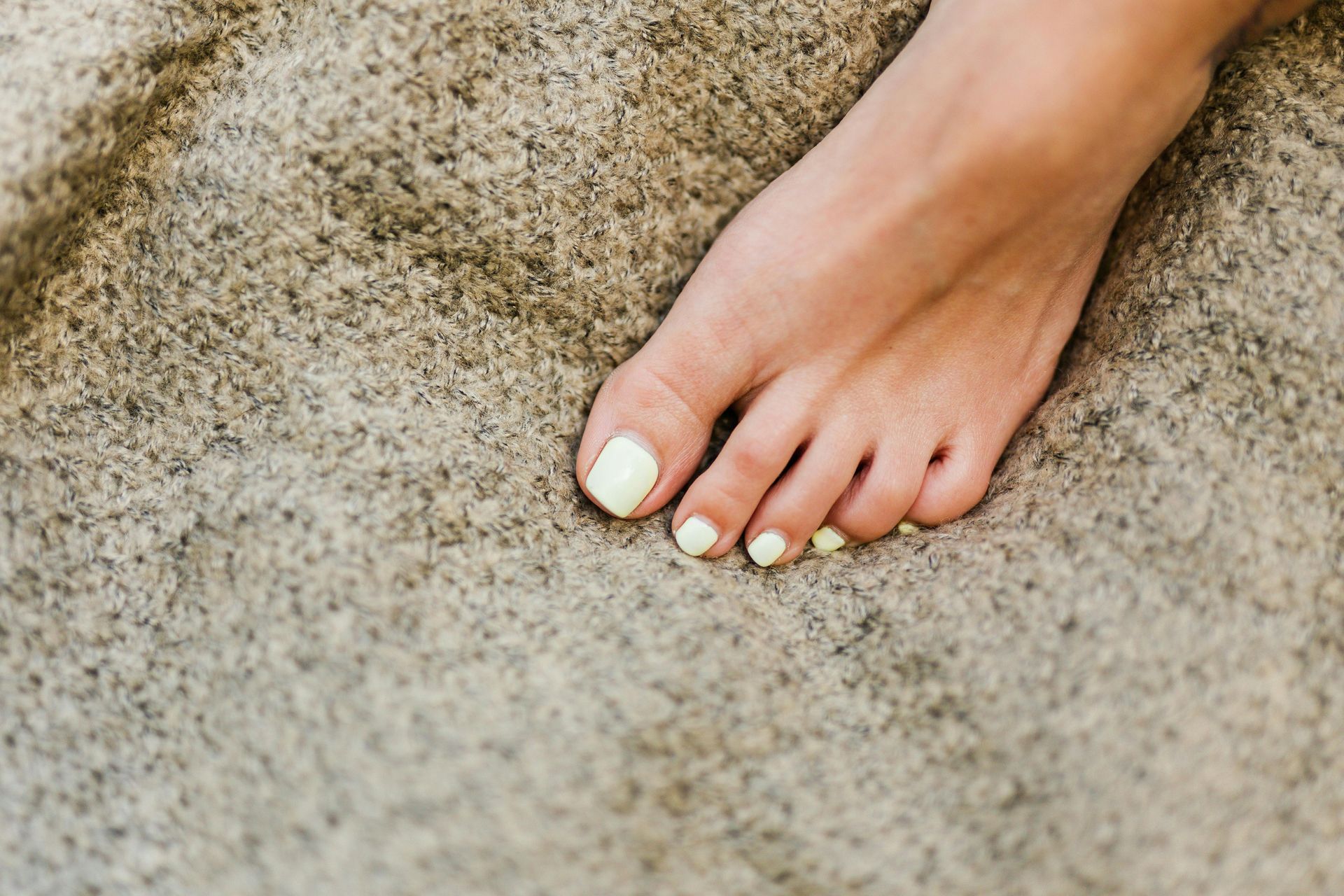Firstly, I’m not suggesting that you should be able to live your life like a Zen master. Instead, what we should all be aiming for is to find ways to be able to move through the proper, acute cycle. That is: experience stressor; respond; finish cycle; be ready for the next one.
In an ideal world, we’d all kick it off with a two-week wellness retreat in the Swiss Alps with hot and cold running servants. Failing that, we all need to find our own mini-wellness retreats every day.
Move it
Our bodies are made to move and since stress has a big physical response, it also has a big part to play in closing the cycle. This is where I come in, obvs. Jump about, do some Pilates, Stretch or PiYo. It doesn’t matter what you do, just move!
Breathe
Consciously slowing your breathing tells your SNS that everything is OK. There are a bunch of different breath patterns that you can try. I’m a big fab of inhaling for a count of five, holding for a count of two and exhaling for a count of seven.
This both slows your heart rate and improves your heart rate variability (HRV).
When you inhale, your heart rate increases. When you exhale, your heart rate decreases. The HRV is the difference between the two and is a measure of how well your body responds to stress (higher HRV is better than a lower HRV).
Did I mention that focusing on your breath in Pilates or yoga will give you this benefit?
Get out in to nature
Being out in nature lowers resting heart rate, blood pressure and reduces levels of stress hormones. Double points if you do some exercise while you're out there.
Laugh. Or cry
Both laughing and crying help us to release our emotions. Don’t be afraid of either.
Create
Creativity activates the parts of your brain that process emotions and helps to bring focus to the mind. It can have similar effects to meditating in terms of releasing dopamine.
Hug someone
But ask first, please. Not everyone is comfortable with that level of physical proximity, especially after the last two years!
Assuming that your hug-ee is happy to be hugged, you should aim for around 20 seconds for both of you to experience the release of oxytocin which also slows heart rate and makes us feel safe. Stroking a pet also has the same effects. With possibly fewer incursions into personal space territory.
Alternatively, go for a massage. This also has the benefit of making you feel more like you’re on a 5-star Wellness break!












